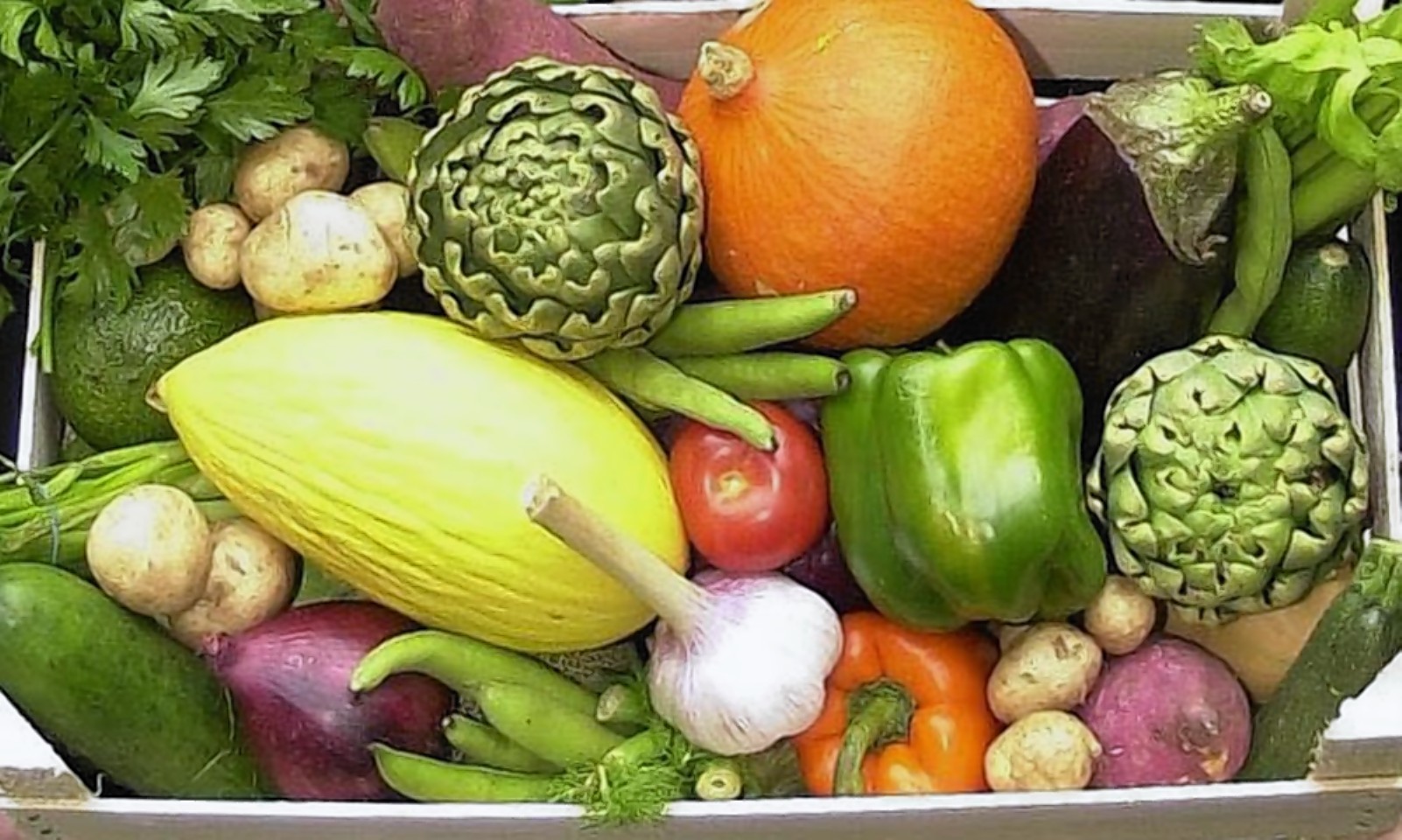New European regulations surrounding organic farming have the potential to devastate the sector in the UK, warns a leading organic body.
Certification body Organic Farmers & Growers (OF&G) has hit out at proposals, which are currently under discussion in the European Commission, warning they could force many organic farmers out of production.
The proposed rules, which if approved are not expected to come into force until around 2017, would prevent a farmer from running an organic and non-organic operations on the same farm.
This, according to OF&G, will impact producers wanting to convert their businesses from conventional to organic over several years, and potentially force some businesses who produce both organic and non-organic, out of organic production.
“There are many aspects of the proposals which would cause massive damage to the organic sector, at a time when it should be growing in response to increasing demand for organic food,” said OF&G chief executive Roger Kerr.
“As the sector continues to develop the regulations need to be enhanced, but we don’t want to disadvantage organic producers and processors in the process.
“As they stand, these changes will cost jobs and livelihoods, which no one who cares about organics wants to see.”
The EU proposals could also result in retailers having to become certified in order to sell organic producer, rather than just those who handle unpacked organic goods, as is currently the case.
Mr Kerr said: “By the time organic food hits the shelf it will have already gone through a rigorous certification process, so forcing all retailers to go through a further process is unnecessary, adds cost and adds nothing to the integrity of the product.
“Our concern is that the cost of certification may force some retailers to withdraw from the sector, removing important outlets for individual farms and food processors and reducing consumer choice.”
